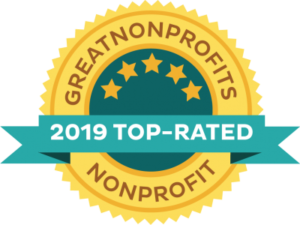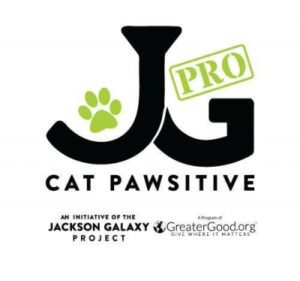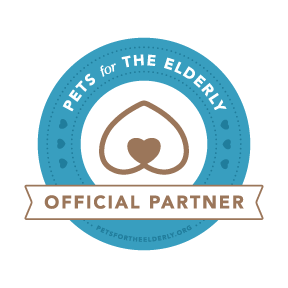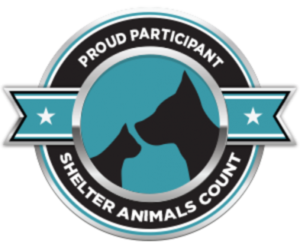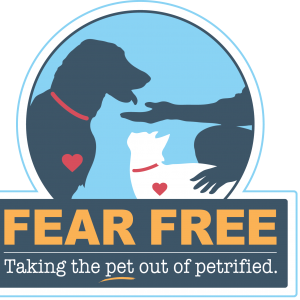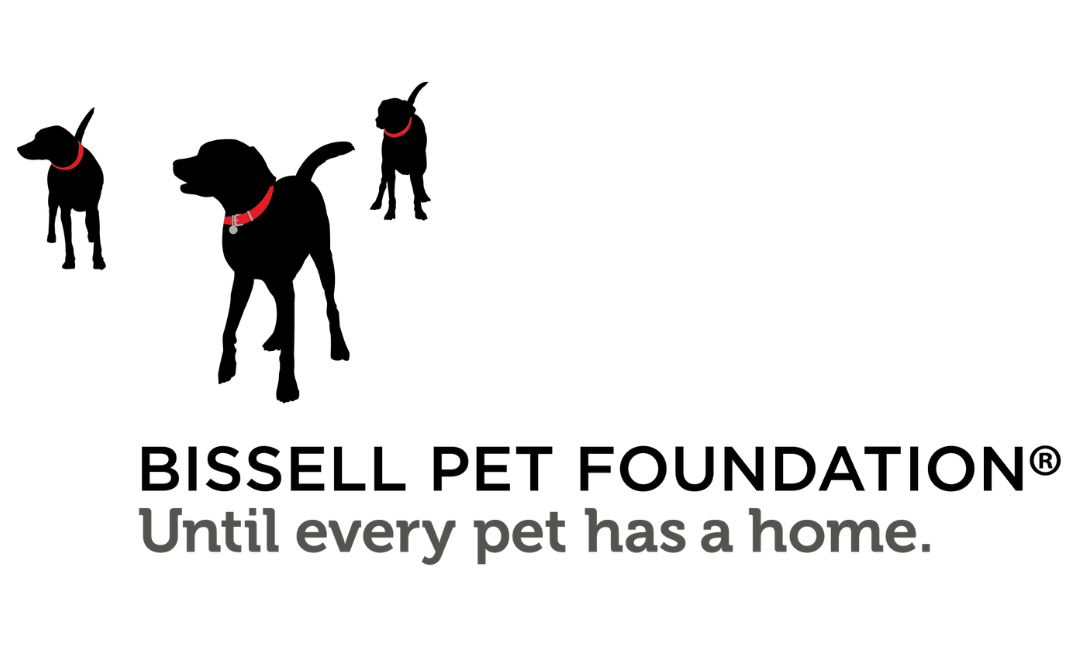- Each day at HARP begins bright and early with our animal care staff, who provide care for every individual animal in our facilities.
- The animal care teams prepare meals for each animal based on species, size, age, and dietary needs.
- They also ensure that each animal has a fresh start every day by thoroughly cleaning and sanitizing kennels, refreshing animal bedding, and giving plenty of snuggles!
- With help from animal care staff and regular volunteers, shelter animals partake in daily exercise in order to maintain their physical and mental health.
- HARP relies on dozens of dedicated volunteers to keep our pups active every morning and evening during walking hours and document these interactions.
- All animals need a chance to zoom, including rabbits, who get to romp during volunteer supervised exercise time every morning!
- During daily rounds, staff members from the medical, behavior, training and enrichment, and animal care teams visit each pet in HARP’s care to assess their well-being and evaluate their individual needs.
- This includes reviewing medical treatment plans and distributing veterinary-prescribed medications.
- Rounds are also an opportunity for staff to learn more about each animal’s history and personality.
- One of the most critical aspects of HARP’s work is caring for the mental and emotional health of shelter pets.
- The behavior, training, and enrichment team develops protocols for interactions with every animal in HARP’s care.
- Through daily interactions and structured activities, staff and volunteers keep animals entertained, help them learn to trust people, and reinforce good behaviors.
- As of this fall, HARP’s veterinary medical services staff are expanding access to veterinary care through the Humane Health Coalition (HHC).
- By regularly bringing the veterinary clinic into the community, HARP staff remove barriers to crucial veterinary care and help vets meet pets where they are!
- Through the HHC and two outpatient veterinary medical centers, HARP veterinarians and vet techs provide low-cost, high-quality care that helps keep animals in their homes.
- Every day at the Wildlife Rehabilitation Center (WLC), wildlife rehabilitators, animal care technicians, and volunteers care for ill, injured, and orphaned native Pennsylvania wildlife.
- They follow species-specific handling and care protocols in order to minimize habituation and prepare patients for reintegration into the wild.
- A critical part of this process includes preparing and maintaining outdoor enclosures for recovering patients.
- At HARP’s two veterinary medical centers, staff regularly scrub in for routine surgeries performed on owned and shelter pets.
- Each year, more than 7,000 domestic animals receive spay and neuter operations through HARP.
- Even wildlife patients with critical needs receive care from HARP’s expert veterinarians.
- Each year, volunteer foster homes provide over 1,400 pets with special behavioral or medical needs with the chance to recuperate in a home environment.
- HARP foster technicians work with foster families to schedule regular check-ups and address any medical and behavioral needs or concerns.
- Once ready for adoption, foster animals return to the shelter to find their forever homes!
- Every month, HARP provides donated pet food and essential supplies to pet owners in need through Ellie’s Pet Food Pantry and Ellie’s Attic to help keep beloved pets in their homes.
- Assistance with these essentials is the most requested form of aid at HARP, where demand for these programs has grown 200% in the last two years.
- In 2022, HARP gave away 80,000 lbs. of food to hungry pets through Ellie’s Pet Food Pantry. In 2023, HARP founded Ellie’s Attic, through which pet families could obtain supplies such as leashes, collars, and crates at no cost.
- HARP’s humane officers investigate claims of cruelty against animals and work to better the lives of all animals.
- Whenever possible, officers seek to aid and educate struggling owners and improve living conditions for pets.
- When necessary, animals involved in cases of suspected abuse or neglect are brought to HARP for treatment and care while the case proceeds.
- Every morning and evening, cat cuddling volunteers visit shelter cats for playtime, grooming, and socializing to prevent boredom and prepare shelter cats for their forever homes.
- Volunteers often bring cats into colony rooms or cuddle rooms to jump, play, and explore!
- Similar to dog walking and enrichment volunteers, cat cuddling volunteers take careful notes of interactions to track every cat’s progress in the shelter.
- HARP’s wildlife rehabilitators follow best practices to determine when patients are ready to return to the wild.
- WLC staff regularly work with the Pennsylvania Game Commission to locate ideal release sites for each patient.
- Wild animals like this common raven are returned to their original territory whenever possible. Welcome home!



